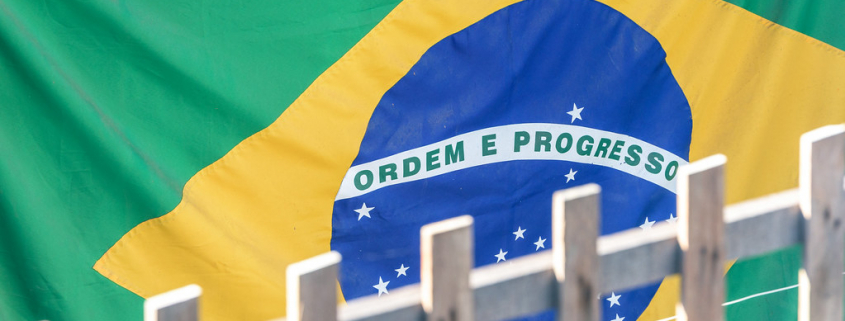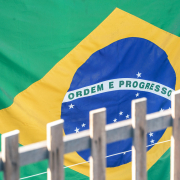A new rule related to assessing and releasing pesticides has been validated in Brazil. The new methodology maintains the need for technical evaluation but creates room for automatic approval in the final stage. The release continues to depend on the analyzes of three authorities, the National Health Surveillance Agency (Anvisa), the Brazilian Institute for the Environment and Resources Renewable Natural Resources (Ibama), and the Ministry of Agriculture (MAPA), which also grants licenses.
On Thursday, 27th February, MAPA published new rules for the registration of pesticides in Brazil. The need for technical assessment was maintained by the three three bodies, as is currently the case. However, in the final stage, the possibility of automatic registration was opened, which is decided by the agency based on related analyzes.
As of 1st April, the new regulation will give the ministry 60 days to decide whether or not to grant pesticide registrations. Currently, this phase must be completed within 30 days, according to a 2002 presidential decree.
The bottleneck that gave rise to discussions on this change, however, is the fact that the new ordinance determines that, after this 60-day period, if the ministry does not give or deny the license, approval will be automatic, considering items not predicted until then.
The possibility of automatic approval will also exist for less harmful products, such as biofertilizers, only after a longer period compared to pesticides of 180 days. Veterinary drugs, such as vaccines and medicines for livestock production, have an even higher limit of 720 days.
MAPA argues that these deadlines are longer because, in the case of biofertilizers and veterinary medicines, the entire analysis is done within an agricultural context unlike pesticides, which pass through three different agencies.
Technical analysis remains mandatory
Even with these changes, the process of technical evaluation of orders will continue to be carried out by the three authorities, according to the ministry.
These changes occurred due to an article in the Economic Freedom Act, which established deadlines for public administration bodies to analyze requests from the private sector. The objective is to avoid impounding demands and reduce bureaucracy.
The granting of registration, automatic or not, will only be made after the application is evaluated by Anvisa, which analyzes the health risks posed by pesticides, and Ibama, which monitors environmental effects.
The last stage is managed by the ministry, which determines the agronomic efficiency of a pesticide, whether it solves a farmer’s problem, and if it should be released for sale.
All of these technical assessments must be made within 120 days, according to the same decree from 2002. This term was not changed by the ordinance. The ministry can then move on to the final stage of whether to grant registration or not.
Manufacturers of pesticides that complained about the slow pace of approvals have said that no authority is following the limit of 120 days, and that technical analysis can take up to eight years.
MAPA stated that the deadlines indicated in the ordinance can be revised at any time.
Source: Agropages
Image source: “Brasil” by ruifo is marked with CC BY-NC-SA 2.0.


